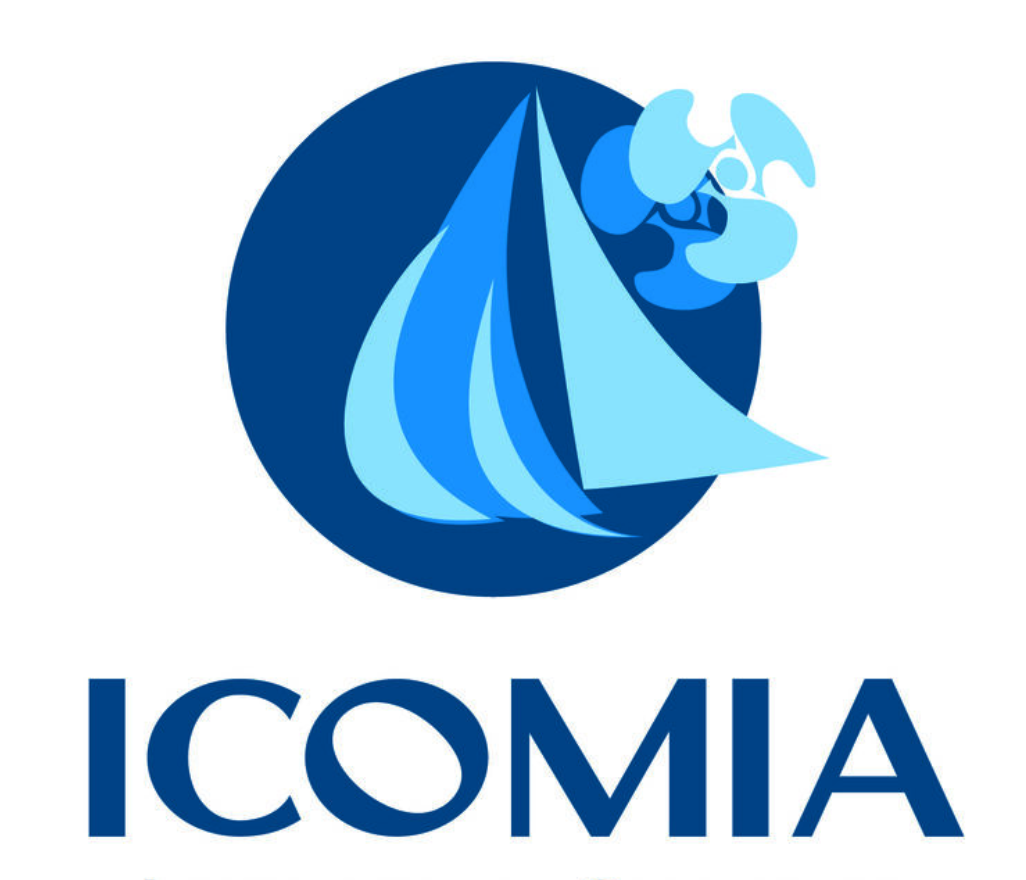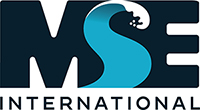ICOMIA launches new global research outlining technologies to reduce carbon emissions from recreational boats

ICOMIA, the International Council of Marine Industry Associations, has launched a new report; 'Propelling Our Future: Pathways to Sustainability in Recreational Boating'.
This first-of-its-kind comprehensive, peer reviewed research reveals unique multi-path appreaches to decarbonising recreational boating. The new research outlines a portfolio of technologies best positioned to continue to propel the industry toward decarbonisation. The research, which specifically looks at marine propulsion in boats under 24m in length, reveals that due to the unique on-water environment for recreational boating, and the varied interests of boaters and the experiences they seek, a variety of solutions must be considered to continue reducing carbon emissions from recreational boats.
The research report, titled Pathways to Propulsion Decarbonisation for the Recreational Marine Industry, provides guidance to global governments and boating industry stakeholders as they work together to shape investments in technology and policy.
The Pathways to Decarbonisation for the Recreational Marine Industry report, commissioned by ICOMIA with leading global engineering consulting firm, Ricardo plc, investigated propulsion technologies across nine common recreational watercraft to compare the impact of lifetime GHG emissions, financial costs, usability, performance, range and infrastructure implications. The propulsion technologies investigated included:
- Battery electric (electric-powered boats and watercraft)
- Hybrid electric (internal combustion engines using liquid fuel and electric)
- Hydrogen (internal combustion engines or fuel cell)
- Internal combustion engines with sustainable marine fuels (sustainably produced liquid substitute for conventional fossil fuel)
- Internal combustion engines with gasoline or diesel
For more information click here.


